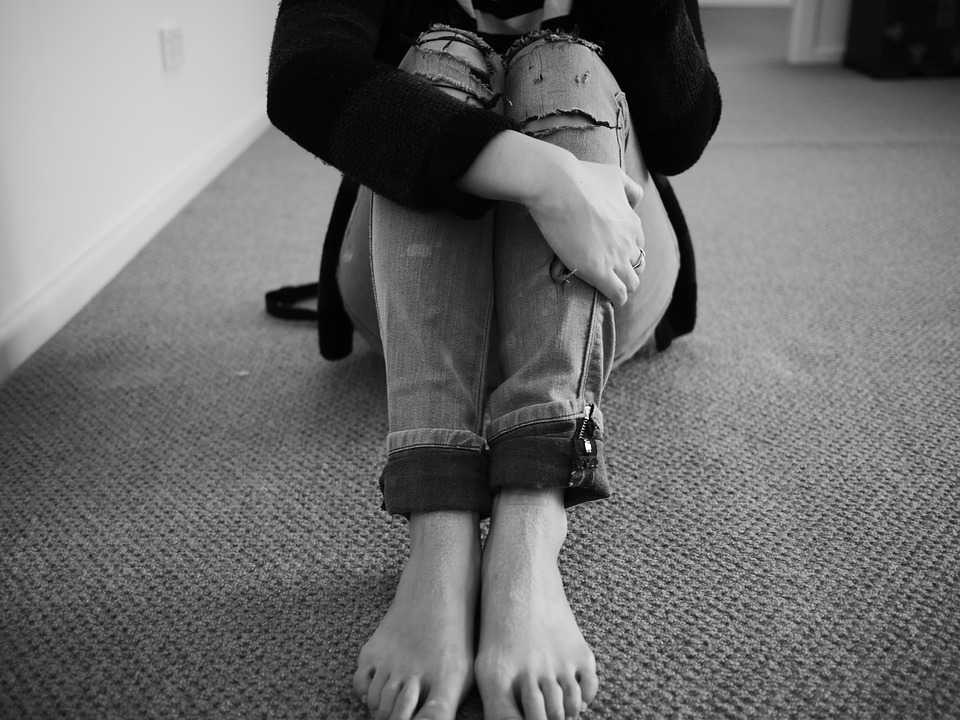
When crafting arguments about abortion, we in more academic circles tend to draw heavily on philosophical arguments about the dignity of the human person, personal rights, and the primacy of the right to life. We also draw upon scientific arguments about when the heartbeat begins, or the capacity to feel pain. The focus is on making a strong case for the inherent rationality of the pro-life approach. Some arguments are better than others, of course, and much depends on the intellectual capacity as well as the ethical presuppositions of the interlocutor. Someone who views the language of “rights” as statist liberal fiction is less likely to be convinced by right-to-life arguments. Those who are concerned about species-ism might wonder why some arguments attribute personhood to embryonic humans but not fully developed, mature primates other than homo sapiens.
It’s important to have access to these arguments, and to continue to develop them in step with developing fields of ethics, and scientific discoveries.
But pro-life discourse can’t focus simply on being right. It has to be effective. In classical rhetoric, reasoning (logos) is only one of three parts. The others are ethos (character, especially moral character) and pathos (the emotional effect on the interlocutor).
I wish to touch only briefly on ethos, here. This element of rhetoric is important for reasons other than being convincing. One should not only appear to have a good moral character; one should truly have a good moral character. This is pertinent to the abortion argument in two respects. First, on the level of being convincing: choosing spokespersons for the pro-life cause who are clearly defective in moral character weakens the arguments, and makes them likely to be discarded as the product of hypocrites or charlatans. Yes, from the perspective of pure logic, it’s a fallacy to reject an argument simply due to its unsavory source. But human beings rarely operate according to pure logic. Second, we need pro-life activists who have a good moral character because pro-life engagement happens with those who are in vulnerable situations, who should not be exposed to abuse or manipulation. The unethical individual may adhere to one or two moral principles, and be willing to do violence to achieve them. The truly ethical person will not do this. Because being pro-life means being pro-woman as well as pro-child, those who are misogynistic or utilitarian or abusive not only weaken the cause; they do grave damage to those who may already have been threatened or abused.
But, now, on to pathos. Many might say that the emotional response to a statement or argument is unimportant. And, if this were a logic class, they would be correct. But abortion does not typically happen in a logic class. It happens in complex circumstances, with many intersecting lines of power and overlapping moral concerns as well as personal fears. Do some women go out and get abortions as blithely as they’d go get a haircut? Some, yes. But not the majority.
Most women who end up opting for abortion do so because of pre-existing pressures. And one can hardly call it a “choice” when they are given so few other options. A sad irony is that many in politics loudly clamor for an end to abortion while at the same time trying to deprive women of realistic opportunities to make better choices. When someone cuts your health care, cuts your access to cash or food benefits, pollutes your air and water, does nothing to protect you from workplace discrimination, dismisses rape accusations, votes for a sexual predator – then says “don’t have an abortion!” – it’s hard to think of that person as genuinely pro-life.
Or, if you do think of that person as pro-life, “pro-life” starts to sound like a bad word.
The statements that we make because we believe them to be true or logical do have an effect, and it’s not necessarily a convincing or persuasive one. For instance: to say “abortion is murder” seems like a strong and compelling stance in defense of life. But when one refers to abortion as “murder” the obvious takeaway, for any woman who has had an abortion, is that she’s just been called a murderer.
Recently, I was in a conversation with someone who kept referring to women who’d had abortions as women who “kill children.” Let’s put aside for a moment the question of whether or not this is an accurate designation, and think about what message this sends. That conversation may have been witnessed by a woman who once had an abortion. She may be a hard-working, loving mother who cares for her family and contributes to her community, and you’ve just said that she’s the moral equivalent of one of those tabloid child-killers. Is she likely to listen to you after that, or – if she finds herself in crisis again – to turn to anyone who bears the pro-life label?
When people say “if women just planned better, they wouldn’t have ‘crisis pregnancies’ in the first place” – this suggests to rape victims that if they’d only planned better, they wouldn’t have been raped: classic victim-blaming. Or, take the perennially delightful “just keep your legs closed!” – because, of course, it’s all the woman’s fault.
And yet many of the people who say these things will very sincerely declare that they aren’t anti-women. “Abortion hurts women, too” is the favored mantra. They want to stop women from having abortions in order to stop them from hurting themselves as well as their unborn children. And this is commendable. The problem is, they are not very effective if they fail to understand the circumstances these women are in – if they fail to see that simply not having an abortion doesn’t erase the problem or violation or injustice that was driving her to abortion in the first place.
And, simply being a woman, even a woman who has had children, does not confer the magical ability to know exactly what every pregnancy is like. We are all familiar with mansplaining, whether we like the term or not. There’s also such a thing as explaining from a position of financial, physical, racial, or societal privilege, in which you simply are not aware of how onerous and even impossible a pregnancy can seem, and assuming “we’re all women, right?” guarantees a basic sameness.
This is why some will, with zero irony, claim to be entirely pro-woman and a few minutes later chastise consistent-life advocates for arguing that pro-life means more than just opposing abortion. According to New Pro Life precepts, opposing abortion is necessarily connected with a broader social justice ideal. But, if you fail to see that the demand for abortion arises often from failures of social justice, you can believe yourself to be truly pro-woman and truly pro-life while rejecting social justice, because the only thing you see out there harming women is abortion. You see what the woman is running towards. You don’t see what she’s running from.
I recognize that there are some who choose abortion for selfish reasons. But keep this in mind: this privileged demographic is going to continue to use vulnerable women as a shield , just as so-called pro-life advocates on the Right use the unborn as a shield to defend their own anti-life iniquities. The solution to this is to fight harder for women’s rights, and for justice for women. And yes, this means working with women who are pro-choice, instead of demonizing them. And it definitely means watching how we talk about life issues, because often our most crucial audience is the one we’re most likely to hurt and alienate with thoughtless rhetoric.
image credit: http://maxpixel.freegreatpicture.com/Woman-Vulnerable-Black-And-White-Ripped-Jeans-Alone-1043030















